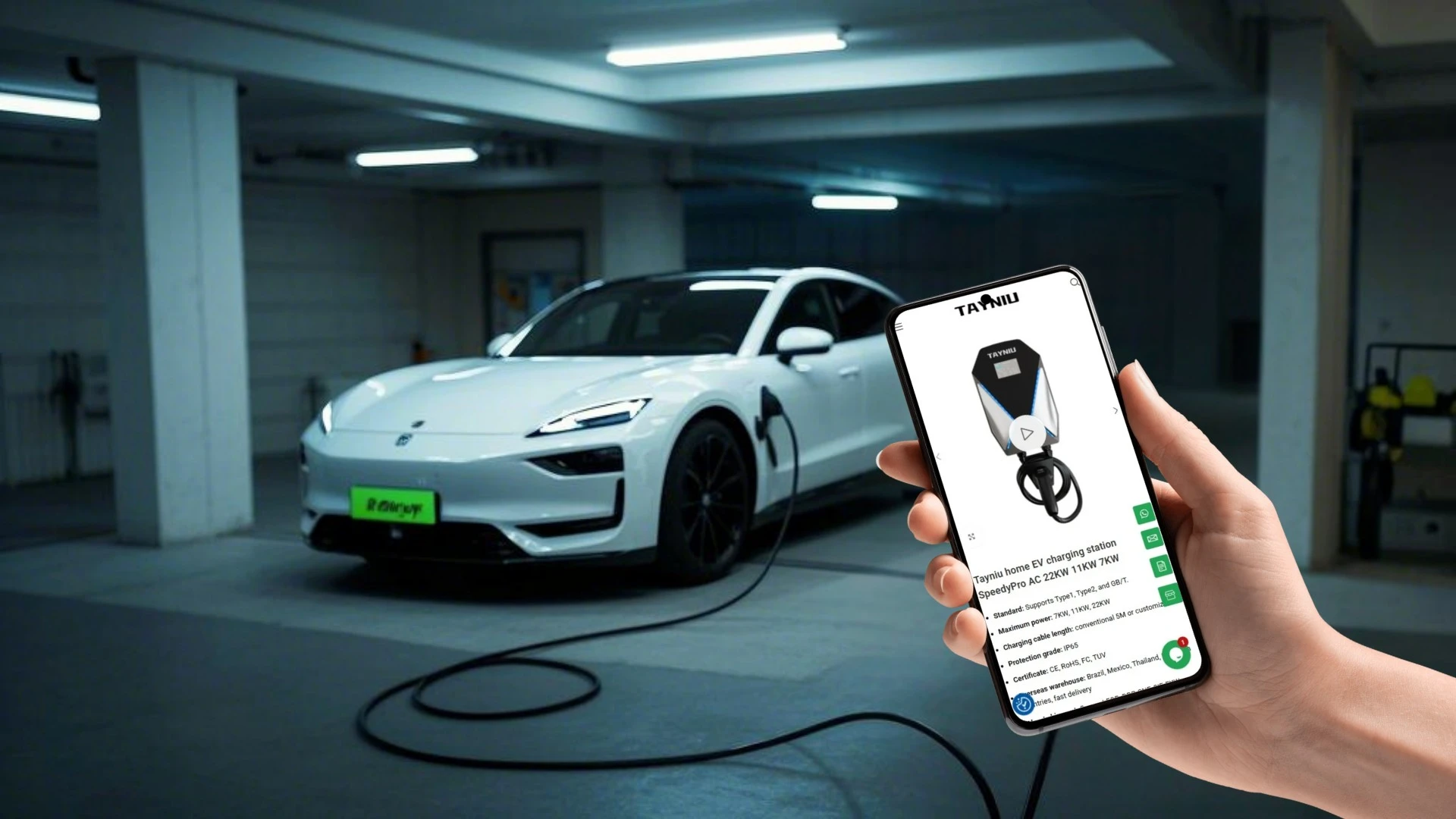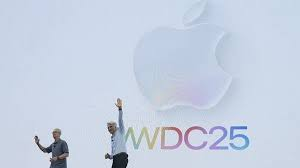⚡ EV Charging: Home vs. Public – A Professional Breakdown

⚡ EV Charging: Home vs. Public – A Professional Breakdown
🧩 Overview
As EV adoption grows, one of the most important decisions for new EV owners is where and how to charge. The two primary categories are:
- Home Charging
- Public Charging (Fast/Normal AC/DC chargers, commercial hubs, etc.)
Each comes with unique pros, cons, costs, and suitability depending on usage behavior.
🏠 HOME EV CHARGING
Feature Details
| Charger Type | AC Type 1 or Type 2 (Level 1 or Level 2)
| Power Output | 2.5 kW – 7.2 kW (some go up to 11 kW)
| Installation Cost | ₹15,000 to ₹80,000 (including wiring, charger, setup)
| Charging Time | 6–12 hours for full charge
| Cost per kWh | ₹5 – ₹10 (local electricity tariff)
| Ideal For | Daily commuters, private car owners with parking
| Advantages | Low cost, convenience, overnight charging, full control
| Disadvantages | Initial installation cost, dependent on grid limits, not ideal for long-distance top-up
🚗 PUBLIC EV CHARGING (Commercial)
Feature Details
| Charger Type | DC Fast Chargers, AC Type 2
| Power Output | 15 kW – 150+ kW
| Cost per kWh | ₹15 – ₹25+ (depending on provider and location)
| Charging Time | 30 minutes – 1.5 hours (80% fast charge)
| Ideal For | Long trips, fleet vehicles, emergency top-ups
| Advantages | Speed, no setup, accessible across cities
| Disadvantages | Higher cost, waiting queues, charger availability issues, reliability of network
🔌 COMPARISON TABLE – Home vs. Public Charging
Criteria 🏠 Home Charging 🏙️ Public Charging
| Cost per kWh | ₹5 – ₹10 | ₹15 – ₹25+
| Charging Time | 6–12 hours | 30 mins – 1.5 hours
| Initial Setup | Required (charger, wiring) | None
| Convenience | High (overnight) | Medium (location-dependent)
| Control & Monitoring | Full (smart chargers) | Limited (depends on app)
| Availability | Dedicated | Shared
| Best For | Personal, daily usage | Travel, emergencies, fleets
⚙️ Additional Considerations
💡 Smart Charging (Wi-Fi / App-controlled Home Chargers)
- Schedule charging at off-peak hours.
- Monitor usage and energy cost.
- Set charge limits to preserve battery health.
🔋 Battery Health Impact
- Home AC charging is gentler on the battery.
- Frequent DC fast charging can reduce battery longevity over time.
🌱 Environmental Impact
- Home charging with solar panels = Zero-emission + cost-saving.
- Public grids may still be powered by coal-based energy.
🧾 Cost Simulation – Monthly Charging (Example)
Scenario Home Charging Public Charging
| Distance/month | 1,000 km | 1,000 km
| Avg Consumption | 0.15 kWh/km | 0.15 kWh/km
| Monthly Energy Need | 150 kWh | 150 kWh
| Cost per kWh (avg) | ₹7 | ₹18
| Total Monthly Cost | ₹1,050 | ₹2,700
📌 Conclusion: Which to Choose?
Profile Type Recommended Charging Mode
| Daily Commuter | 🏠 Home Charging
| Urban Resident w/o Parking | 🏙️ Public Charging
| Long-distance Traveler | 🏙️ Public DC Fast Charging
| Fleets & Taxi Services | ⚡ Mix of Home + Public
| Eco-Conscious Users | 🏠 Home + Solar Charging
📈 Strategy Tip (for marketers or EV sellers)
Educate & Convert: Offer cost comparison calculators + charger installation services at point-of-sale. EV buyers are more likely to commit when the convenience of home charging is made clear.
League Manager Editorial Team





Leave a Comment